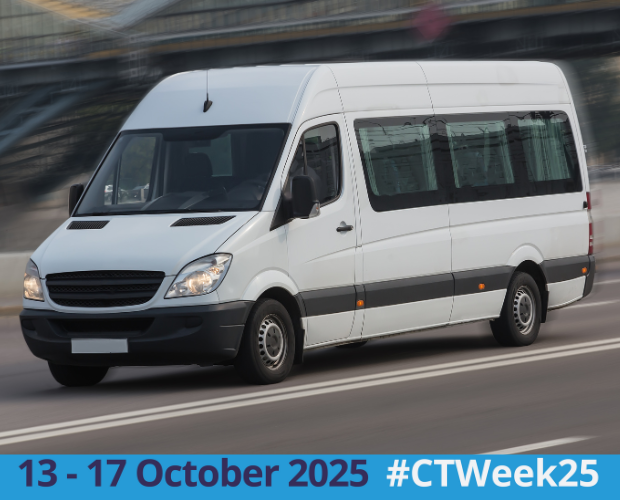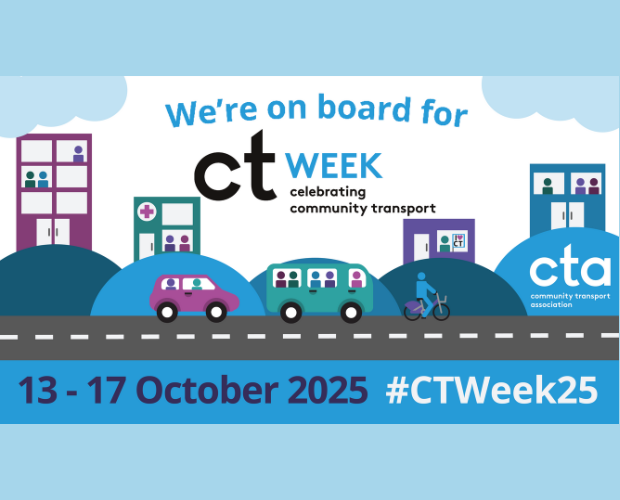T: 01822 851370 E: [email protected]
Visit RSN Survey about life in rural England to find out more.
A new policy framework from the Rural Services Network Every person, in every place, deserves the chance to thrive — including those living in rural, coastal and small-town communities. The Rural Services Network is proud to launch Delivering for All:...
The Department for Transport has launched a new Connectivity Tool, designed to help policymakers, planners, researchers and communities better understand how well different places are connected by transport. The tool brings together transport and land-use data in an innovative way...
The government has announced a £3 billion funding package to support bus services and infrastructure across England, aiming to deliver more frequent, reliable and affordable services for passengers. The announcement confirms that councils will receive multi-year settlements through the new...
We’re delighted to launch the RSN Member Exclusive Seminar Programme for 2026, bringing together industry experts, rural practitioners, and sector leaders to explore the major issues shaping rural communities across England. Our seminars are a core RSN member benefit, highly...
The Government has published the English Indices of Deprivation 2025 (IoD 2025) – the seventh update of England’s official measure of multiple deprivation – alongside, for the first time, a dedicated report on deprivation in rural areas. The Rural Supplementary...
Thousands of passengers could benefit from more reliable bus services after the Government’s Bus Services Act became law on 27 October 2025. The legislation gives councils new powers to protect vital routes, create their own local bus companies and strengthen...
Local authorities are struggling to balance their legal duty to provide transport for eligible pupils and the duty to balance their budget, says the National Audit Office (NAO). The NAO’s latest report examines the reasons why home to school transport...
This week is Community Transport Week, a nationwide celebration of the extraordinary role that community transport plays in helping people stay connected. Across rural England, community transport schemes are a lifeline, providing journeys that enable residents to reach healthcare, work,...
Next week, communities across the UK will come together for Community Transport Week (CTWeek25), a nationwide celebration of the extraordinary role community transport plays in helping people stay connected. Running from 13–17 October, this year’s theme “More Than a Minibus”...
Last week, The Bus Services (No. 2) Bill was cleared in the House of Commons by 362 votes to 87, paving the way for what ministers call the most significant shake-up of bus services in decades. The Bill strengthens the...
NEWSLETTER
Sign up to receive all our latest news and updates.
HOT TOPICS
Amid reduced public spending, fair resource allocation across regions is crucial. Despite a population larger than Greater London, rural areas receive significantly less funding for essential services, even though delivering these services in rural areas is more expensive.
Economic growth is widely acknowledged as essential for national wealth and prosperity and is a priority for political parties. Rural economies, employing millions and home to a higher proportion of small businesses, have potential for growth if barriers are removed.
Rural residents face distinct healthcare challenges, including limited access to transport, longer distances to medical facilities, an aging demographic, housing inadequacies, digital connectivity gaps, and difficulties recruiting health and care workers.
Rural communities are grappling with a severe affordable housing crisis, marked by high house prices, a lack of affordable housing, elevated living costs, and lower incomes, threatening their sustainability and vitality.
Transport is vital for the quality of life and economic health of rural areas, yet it faces challenges such as infrequent public bus services and less Government funding compared to urban regions.
Rural areas, encompassing a substantial portion of England's population and land, play a pivotal role in combating climate change and achieving the net zero target.
In an increasingly digital world, the lack of robust digital infrastructure in rural areas severely limits access to crucial services and stifles economic growth.
A future-focused vision for rural communities involves not just building the right homes in the right places but also ensuring thriving, sustainable communities.
SIGN UP TO OUR NEWSLETTER
Sign up to our newsletter to receive all the latest news and updates.













